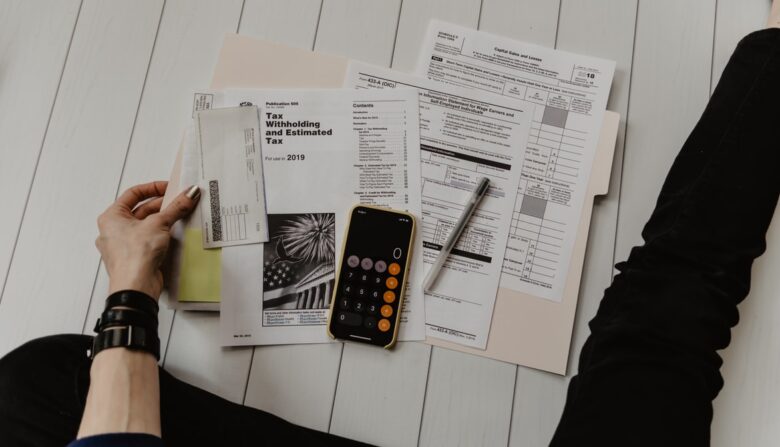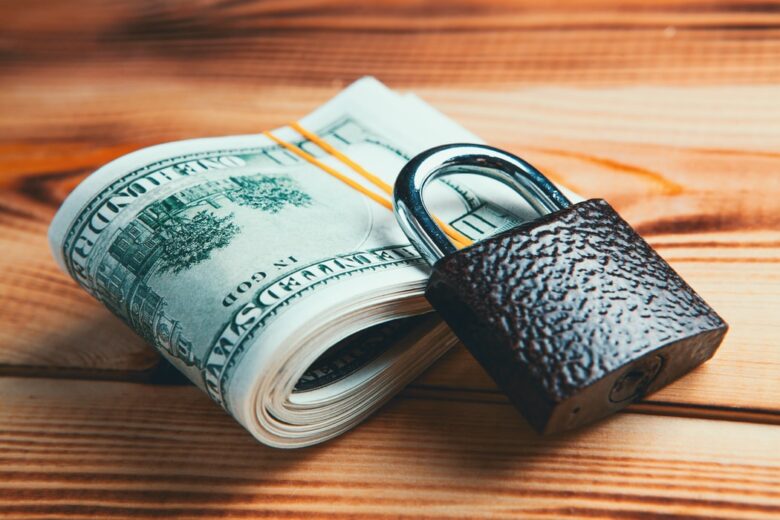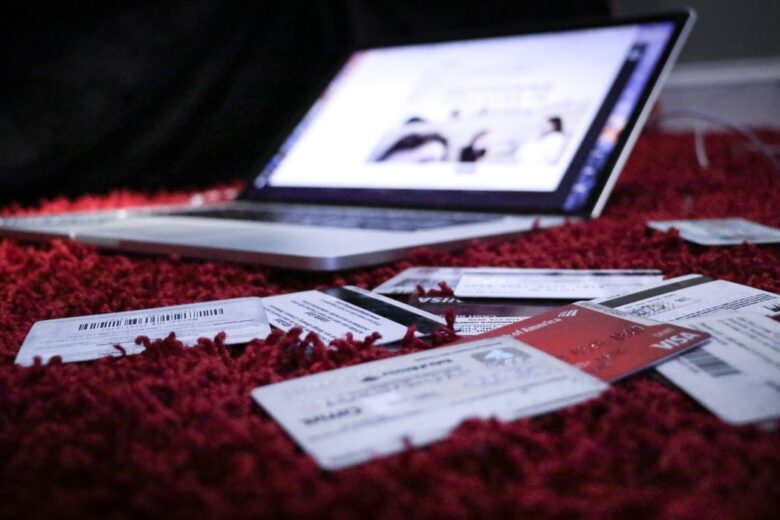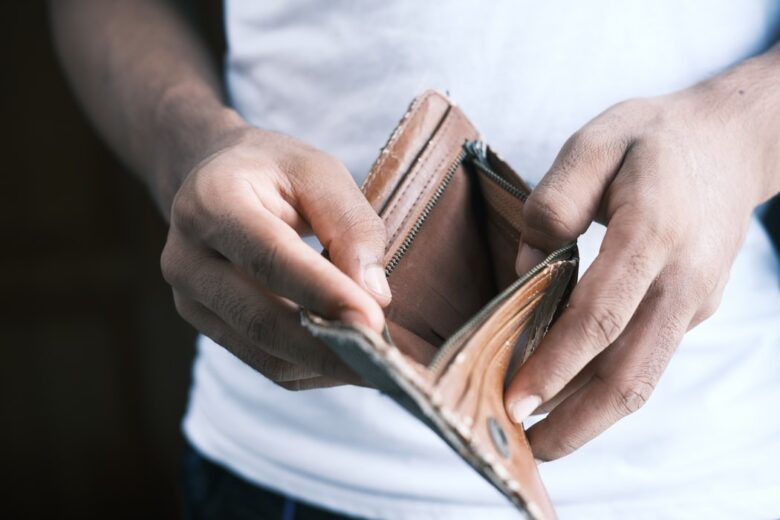Getting stuck with debts, loans, and borrowings is easy, but getting rid of them can be tricky. Unpaid bills not only affect your credit score and relationships with financial institutions but also exert psychological pressure on you. Constant irritation, fear of losing wages, and meeting collectors can even lead to deep depression. The best way to prevent all of this is to avoid accumulating debt. In this article, we’ll teach you how to do it.
1. Develop a Plan

img source: unsplash.com
It is the first point for dealing with any difficult situation. Most likely, it will take you some time to understand what you spend your money on and what amounts exactly. Based on this data, you will be able to draw up a clear plan for a week, month, or year. It should take into account mandatory, permanent, and variable costs. The former usually includes:
- Taxes;
- Property rental;
- Education;
- Insurance;
- Utility bills;
- Loans, etc.
Skipping these spendings is highly discouraged. Permanent costs include expenses for clothing, transport, communication services, and so on. That is, what affects the quality of our life. If necessary, you can reduce or postpone them until better times. Plan variable expenses (large purchases, repairs, or abroad trips) for a period when you will be ready for them financially.
2. Contact a Specialist
Often, it is not easy to plan a budget on your own and pay off accumulated debts in stages. There are services such as DebtStoppers, which can advise you and help you find a way out of a difficult situation.
If you already have a small amount of debt but can still pay it off, talk to your creditors about putting together a more lenient payment plan. It is highly discouraged to hide your true financial condition from them, or even more so to try to escape from them. It will not relieve you of the obligation to pay but will only ruin the relationship. By honestly admitting your condition and maintaining good cooperation, you can achieve debt restructuring.
3. Set Achievable Goals

img source: unsplash.com
Of course, you want to get rid of debts and pay off your loans as soon as possible. However, you should be realistic about your options. If you give away all your money and savings, you will be stranded, and there is a good chance of going into debt again. It is better to give money gradually, leaving part of the salary for your necessary expenses.
4. Don’t Be Led by Ads
You should learn to distinguish between your real needs and those imposed by advertising. Think about how much you really need this or that thing and whether you can get by with a cheaper model. If you’ve already made a budget, add this “desire” to the variable expenses list. Perhaps you should have a little patience, save some money, and after that, you will be able to purchase the desired product.
5. Reduce Costs
You can keep the same activity and habits, just switch to cheaper options for a while. For example:
- Use public transport more often instead of taxis;
- Try not to eat in a cafe, but take food with you to work. It is also recommended to cook at home more often than ordering meals through delivery;
- Get a cheaper gym membership. It can be done during seasonal or holiday sales. As part of tighter savings, you can also switch to online home workouts.
6. Avoid Using Credit Cards

img source: unsplash.com
Try to stay within your budget and avoid buying products you can’t afford without a credit card. It is an illusion that the additional amount that lies on it belongs to you. All the same, you’ll have to give this money back. Better not get into debt at all and postpone a large purchase.
7. Increase Your Income

img source: unsplash.com
For some people, it is essential to maintain the same pace of life as it was before the debt or loans. In this case, you should think about looking for additional income. Alternatively, you can monetize your hobby; for example, you can sell your illustrations and photos on stocks. At first, it will bring in a small income, but you may be able to make it your main job after a while.
Also, you can try to get rid of unnecessary things. If you have clothes that you don’t wear or appliances that you don’t use, find a new owner for them. Selling off something that won’t be of much use to you in the future can generate a small amount of income. Of course, it is a one-time thing, but in a difficult situation, it can help.
8. Don’t Take Another Loan

img source: unsplash.com
Taking out a new loan to pay off old debts is a terrible idea. Thus, you create a vicious circle from which it is difficult to get out. The situation can worsen because you will not be able to pay off any of the debts, and they begin to accumulate. Try not to borrow money from friends or family. If you drag others into your problem, it can be very damaging to relationships. You can only ask your loved ones for help if the situation is critical and you see no other way out.
9. Pay a Bit More
It is an effective point for paying off debt, no matter how strange it sounds. Try to deposit more with the bank each time (for example, 10%) than the set regular payment on your loan or credit card. It may seem to you that the minimum amount saves you money, but in fact, it is an illusion. By depositing more, you will be able to pay off the debt faster, which means less overpayment. Moreover, in the future, the habit of keeping 10% will help with savings.
10. Form an Emergency Fund

img source: unsplash.com
Unforeseen moments can happen to anyone. There is a possibility of losing your job, going to the hospital, or finding yourself in another force majeure situation. Learn to save and count money so that you can quickly solve the problems that arise. On average, you will need to keep an amount equal to 3-6 monthly family expenses to create a financial safety cushion.
Take Action Now
A debtor’s biggest mistake is to sit still and believe that a problematic situation will be resolved by itself. It is doubtful; it will only get worse. There are many simple ways to help you avoid unnecessary debt. To do it, you need to take tight control over expenses and slightly improve your financial literacy. If you are worried that you will not be able to cope on your own, do not hesitate to seek help from specialists.

